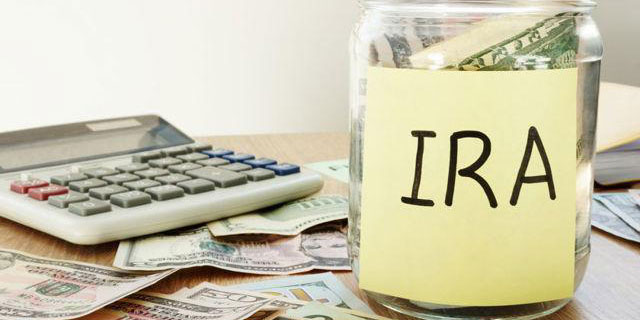A borrower's credit score is based on their payment history, which records their repayment of loans and other debts. It's more necessary to have a strong credit history since more and more businesses are using it to decide whether or not to do business with you.
A good credit score isn't guaranteed by having a solid payment history, but it does help. If you are starting in the credit world, and your credit is less than stellar, you should work hard to establish a positive credit history. Making late debt payments can harm your credit score, regardless of the reason for the delay in payment.
Constructing a solid payment history takes time and commitment. It won't improve your credit score even if you pay on time every month. You will have to rely on creditors and lenders to update credit bureaus with information about your repayment status.

How To Make Positive Credit History?
Credit card companies and other lenders with whom you maintain accounts must give account statements to credit bureaus monthly or bimonthly, respectively. They will alert the credit bureaus about your current balance, payment history, and any other information related to your account.
When you or a company request your credit score, the relevant information is added to your credit report, which is then processed to generate your credit score. Your creditors may help you build a positive credit history by providing information about your account as long as the facts of your account are favorable.
It means that you make payments on time and maintain a credit card balance that is within a healthy range. You shouldn't expect positive information to show up on your credit report instantly or even in a few weeks, but you can anticipate it will happen over time. Being patient and economically responsible can help the process go more smoothly.
How Does Your Payment History Affect Your Credit Score?
The length and regularity of your payment history constitute 35% of your credit score. Also, your credit score is affected differently depending on the severity of late payments, the frequency with which they occur, and how long it's been since the previous overdue payment.
Payment defaults are not recorded to credit bureaus unless they are 30 days overdue. Once payment is reported as late, your credit score will drop more precipitously the later the late payment occurred and the more recently the late payment occurred.
A high credit score indicates a long history of timely bill payments by a consumer. You must always pay on time since FICO reports that a borrower's credit score might fall as much as 180 points following a late payment.
Late payments have a far more severe impact on consumers with excellent credit ratings, who already have a lower starting point. However, how much impact a missed payment has on a consumer's credit depends on how late the payment was.

What Happens If You Don't Have An Account?
You must have open, active, and good-standing accounts if you want a good credit history. If you do not have open accounts, you should begin by applying for credit cards or loans designed for people with no credit or awful credit. For example, if you do not currently have open accounts, you could apply for a retail store or a secured credit card.
If you cannot be accepted on your own, a family member or close friend may be willing to co-sign for you or include you as an authorized user on their credit cards if you apply for either of these options. Your credit score may increase if the primary cardholder has a solid track record of making timely payments.
How To Maintain Positive Credit History?
The Timely Payment of All Expenses
Credit bureaus don't always share information about your monthly expenditures. For example, cell phone, cable, and vehicle insurance payments do not contribute to a stellar credit history, even if made on time.
The account is turned over to a collection agency if you miss payments for an extended period. In that case, the debt will be reported on your credit report, potentially destroying your progress toward establishing or maintaining a good credit score.
Fix The Mistakes On Your Credit Report.
You can have incorrect information removed from your credit report through the dispute process. The credit bureaus may report that you paid late even if you know otherwise. Errors in credit reports may be fixed by writing a letter of dispute to each of the three major credit reporting firms.
And outlining the problem and attaching copies of any relevant documents to support your claim. The bureau will investigate and update your report if the inquiry results back up your claim. However, if that is not the case, you can file a formal complaint with the relevant institution.
Make Smart Use Of Your Credit Cards.
To maintain a good credit score, you should avoid paying bills late, carrying a large credit card amount, and frequently applying for new credit cards. Don't be afraid to make a humble beginning. It's normal to start with low loan and credit limitations, such as Rs. 100,000 or less.
After showing that you can make your minimum payments on time and are otherwise responsible with debt, creditors and lenders will be more willing to provide you with more credit. dont spend more than you can afford on a credit card or loan; always pay your balance monthly.
Conclusion:
Maintaining a positive credit history is essential, especially if you work to repair your credit after experiencing difficulties. However, you shouldn't anticipate new accounts to fix your existing credit problems or make up for them in any way.
If you establish an account and make all of your monthly payments on time, you'll be able to build a favorable credit history for yourself. As time passes, your credit score will improve, making it possible for you to qualify for larger loans and increased credit card limits.




